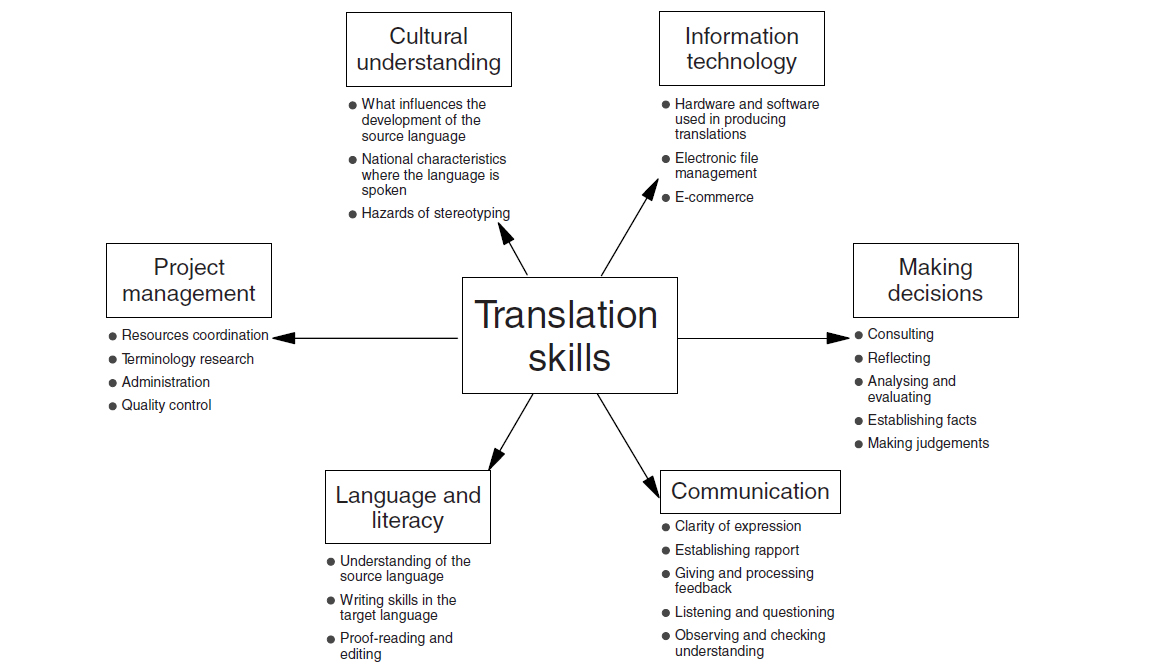Blog
How to become a translator
- Ali Caszadeh
-
Hits: 1391

People usually become translators in one of two ways: by design or by circumstance. There are no formal academic qualifications required to work as a translator, but advertisements for translators in the press and professional journals tend to ask for graduates with professional qualifications and three years’ experience.
Many countries have professional organisations for translators and if the organisation is a member of the Fédération Internationale des Traducteurs (FIT) it will have demonstrated that it sets specific standards and levels of academic achievement for membership. The translation associations affiliated to FIT can be found on FIT’s website – www.fit-ift.org. Two organisations in the United Kingdom set examinations for professional membership. These are the Chartered Institute of Linguists (CIoL) and the Institute of Translation and Interpreting (ITI ). To gain a recognised professional qualification through membership of these associations you must meet certain criteria.
If you have completed your basic education and have followed a course of study to become a translator, you will then need to gain experience. As a translator, you will invariably be asked to translate every imaginable subject. The difficulty is accepting the fact that you have limitations and you are faced with the dilemma of ‘How do I gain experience if I don’t accept translations or do I accept translations to get the experience?’. Ideally as a fledgling translator you should work under the guidance of a more experienced colleague.
Do not disregard your dossier of translations made while studying at university. You will have covered a range of subjects and received feedback from your tutor. You will be unlikely to receive this level of analytical constructive criticism from an agency or client. If you have progressed to studying for an MA you will have reached a very professional level. Continuous personal development with a professional body such as the ITI or the CIoL will stand you in very good stead.
‘Oh, so you’re a translator – that’s interesting!’
An opening gambit at a social or business gathering is for the person next to you to ask what you do. When the person finds out your profession the inevitable response is, ‘Oh so you’re a translator – that’s interesting’ and, before you have a chance to say anything, the next rejoinder is, ‘I suppose you translate things like books and letters into foreign languages, do you?’. Without giving you a chance to utter a further word you are hit by the fatal catch-all, ‘Still, computers will be taking over soon, won’t they?’. When faced with such a verbal attack you hardly have the inclination to respond.
The skills clusters that the translator needs at his fingertips are shown in Figure 1. Regrettably, an overwhelming number of people – and these include clients – harbour many misconceptions of what is required to be a skilled translator. Such misconceptions include the following:
• As a translator you can translate all subjects.
• If you speak a foreign language ipso facto, you can automatically translate into it.
• If you can hold a conversation in a foreign language, then you are bilingual.
Figure 1. Translation skills clusters
• Translators are mind-readers and can produce a perfect translation without having to consult the author of the original text, irrespective of whether it is ambiguous, vague or badly written.
• No matter how many versions of the original were made before final copy was approved or how long the process took, the translator needs only one stab at the task, and very little time, since he gets it right first time without the need for checking or proofreading. After all, the computer does all that for you.
Comments
- No comments found

Leave a comment